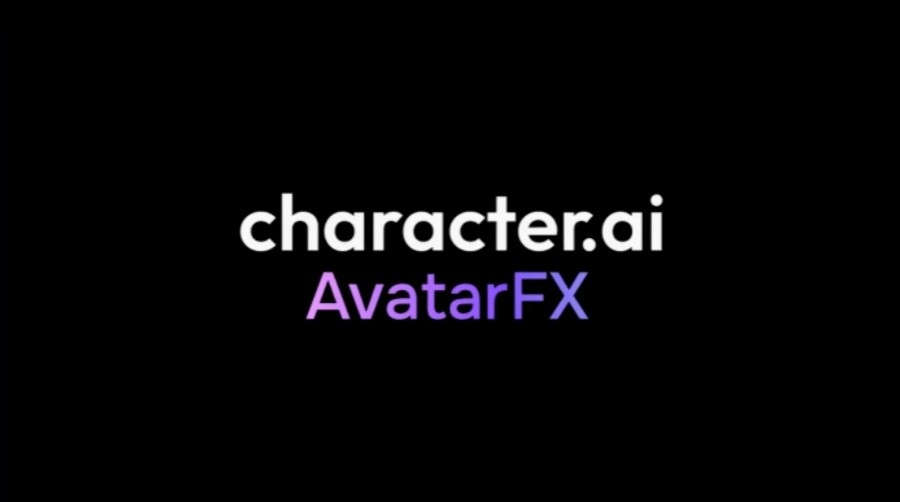Quantum computing is a new computing technology based on the principles of quantum mechanics, which is completely different from the way traditional computers work. This technology not only poses new challenges in computing theory, but also opens up unlimited possibilities for future applications. This article will delve into the basic principles of quantum computing and look at its potential applications in various fields.

Qubits: The basic unit of quantum computers is quantum bits, or "qubits." Unlike traditional computer bits, which can only represent 0 or 1, qubits can represent the state of 0 and 1 at the same time, which is called "quantum superposition." This allows quantum computers to consider multiple possibilities simultaneously when performing calculations.
Quantum superposition: The principle of quantum superposition allows qubits to not only represent 0 and 1 independently, but also to represent any quantum superposition of these two states, greatly increasing the complexity and capability of information processing.
Quantum Entanglement: Another key concept is quantum entanglement, a special correlation between quantum bits. In this state, the state of one qubit immediately affects the state of the other qubit with which it is entangled, no matter how far apart they are.
Quantum Gates: Quantum computers manipulate qubits through a series of operations called quantum gates. These quantum gates are similar to logic gates in conventional computers, but are capable of performing more complex operations.
Encryption and cybersecurity: Quantum computers have the potential to break current encryption algorithms while also creating new, more secure encryption techniques.
Drug discovery and materials science: Quantum computing can simulate and analyze complex chemical reactions, aiding the development of new drugs and the design of new materials.
Optimization problems: In fields such as transportation, logistics, and finance, quantum computers can effectively handle large-scale optimization problems.
Artificial Intelligence: Quantum computing is expected to improve the efficiency of machine learning algorithms, allowing AI to process more complex and larger data sets.
Quantum computers are still in the early stages of development, but their potential is limitless. As technology continues to advance, quantum computing is not only expected to achieve major breakthroughs in computing power, but will also bring far-reaching changes to multiple industries. As the technology matures and becomes widely used, quantum computing is expected to play a key role in promoting scientific and technological progress in human society.



